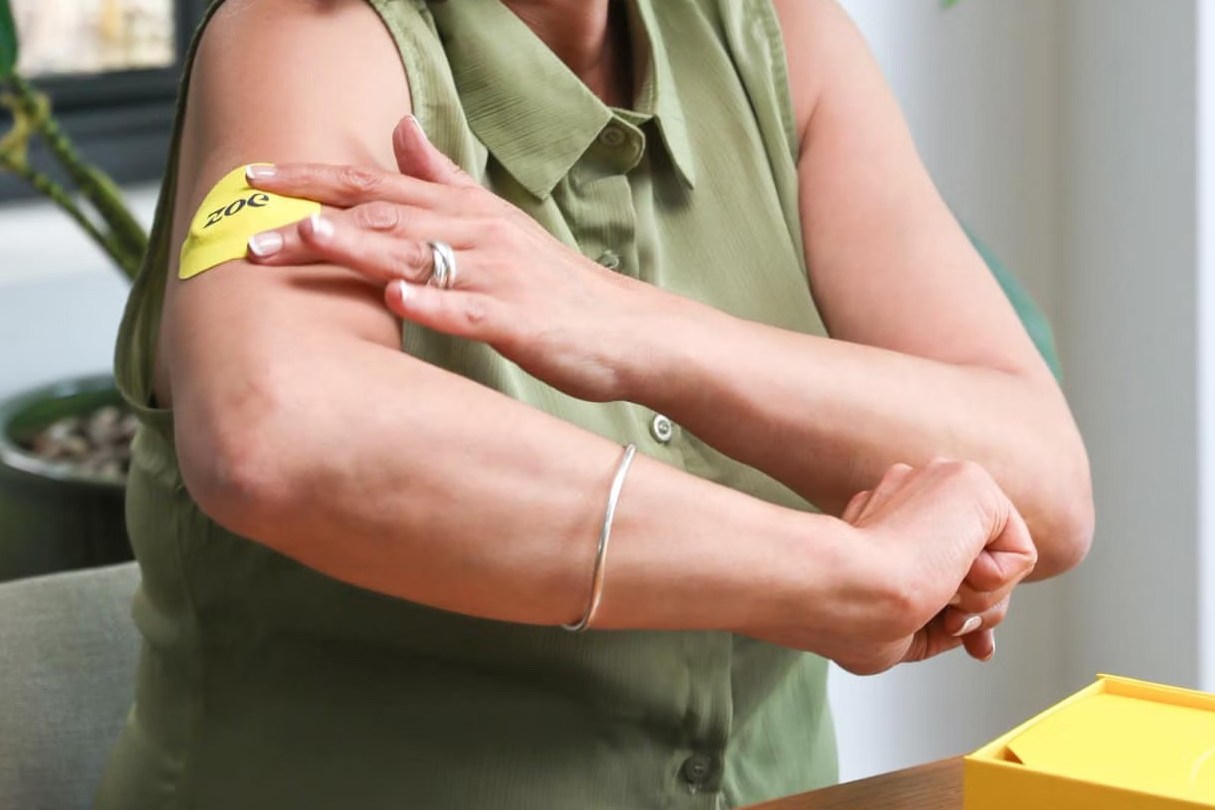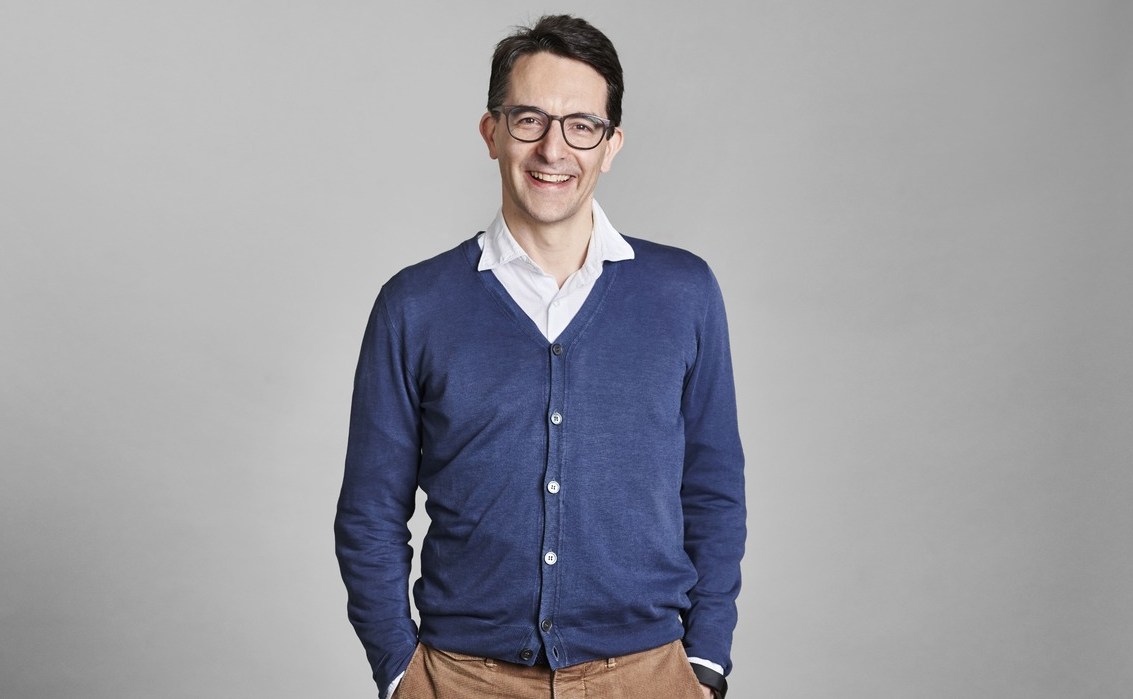★★★☆☆It was no doubt a chastened and penitent Britain that tuned into the Zoe Science & Nutrition podcast in the grim days after the new year began. The podcast rests near the top of Apple’s chart. Such shows inevitably do well at this time of year; in the aftermath of Christmas we are all grotesque and blubbery, distended with mince pies and feelings of self-loathing.
Zoe, as you may have heard, is a newly fashionable health company. It offers dietary advice “created with world-leading science”, and an app. It also sells kits to help users to monitor their nutrition: £299.99 buys you a faecal sampling pack, a blood test and something called a “continuous glucose monitor” — a patch you stick on your arm that measures your blood sugar levels.
• I tried Zoe — the healthy eating app that everyone’s talking about
The company (and the podcast) is the creation of Tim Spector of King’s College London, who boasts that he is “one of the world’s top 100 most-cited scientists”. The animating idea of the Zoe enterprise is that in the suboptimal modern “food landscape” (a favourite Zoe term), staying thin is virtually a full-time professional endeavour.
Something like PhD-level knowledge is required to intelligently evade ultra-processed food and nefarious misinformation about low-fat yoghurts. Spector prescribes a diet of not only vegetables but scientific research papers, the more arrestingly counterintuitive the better.
In the latest episode, How to Eat Well in 2024: 7 Essential Strategies, Spector and co chortlingly disabuse listeners of the idea that staying healthy might be anything as simple as calories in, calories out. Oh, it is so much more complicated than that. For there are good calories and bad calories. There is the metabolism to fine-tune and there is the gut microbiome to contemplate.

The hosts’ advice is no doubt as sensible and scientific as they claim. But to the amateur eater who stupidly has been trying to eat less pasta and more broccoli, the complexity of it is bewildering. I was familiar with some of it: even a nutritional ignoramus such as me is aware that fat has been unfairly maligned.
Fat does not necessarily make you fat. “Fat makes us feel full for longer, it delays the rate at which our stomach empties food … it controls our blood sugar levels.” Apparently “if you move from a low-fat diet to a high-fat diet you won’t put on weight”. “Within reason,” Spector cautions, “don’t eat five slabs of butter a day.” Boooring.

Elsewhere the advice is nerdishly engaging. Who knew that “there’s more fibre in coffee than orange juice”? And who would have guessed that “you can pour a lot more extra-virgin olive oil over any meal and make it healthier”? Even Weetabix? Or that the notion that breakfast is an essential meal to “set you up for the day” is merely an old wives’ tale? Science refutes it! Apparently you can skip breakfast without suffering deleterious effects. But you must eat “30 different types of plant a week”.
• The new £99 DNA test that tells you what to eat and how to exercise
As with so many health movements, there is a vaguely cultish tone to Zoe. “This podcast,” a voice intones at the beginning of the episode, “is a gift from us to you.” There is insiderish jargon to learn. Nobody talks about dinner. Meals are “eating events”. And there is a heightened tone to proceedings that will sometimes strike the nutritionally disengaged listener as borderline hysterical.
If you thought snacking was merely naughty, think again. Snacking is “controversial” and can cause “inflammation” as well as “metabolic chaos”. And don’t get the Zoe people started on ultra-processed foods: “The biggest disaster in western countries.”
Follow @timesculture to read the latest reviews
